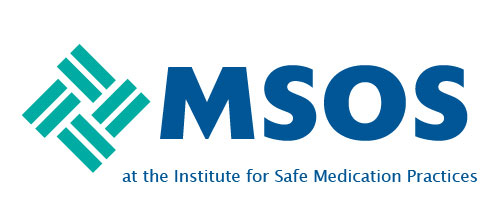We operate an outpatient pharmacy at a rural hospital and are completing ISMP's Community/Ambulatory Self Assessment. We are assessing questions # 48 and #49 which state:
48. The pharmacy has a formal policy to assess and clarify any unusual doses or uses of medications before dispensing.
49. Pharmacists have a written policy to follow, to easily and effectively resolve conflicts when prescribers do not agree with their expressed concerns about the safety of an order.
We follow our hospital's policy which is very vague, and basically says the pharmacist is responsible for communicating with the provider and documenting the result of the conversation on the prescription order. If there is any concern following the conversation, we are to report the issue to our pharmacy manager. In my opinion, this is inadequate to satisfy questions 48 and 49. Would anyone feel comfortable sharing a copy of their institution's policy with us as I write and propose a formal written policy to our leadership team? My e-mail is jeremiah.reynolds@rwhs.org. Thank you for your input.

